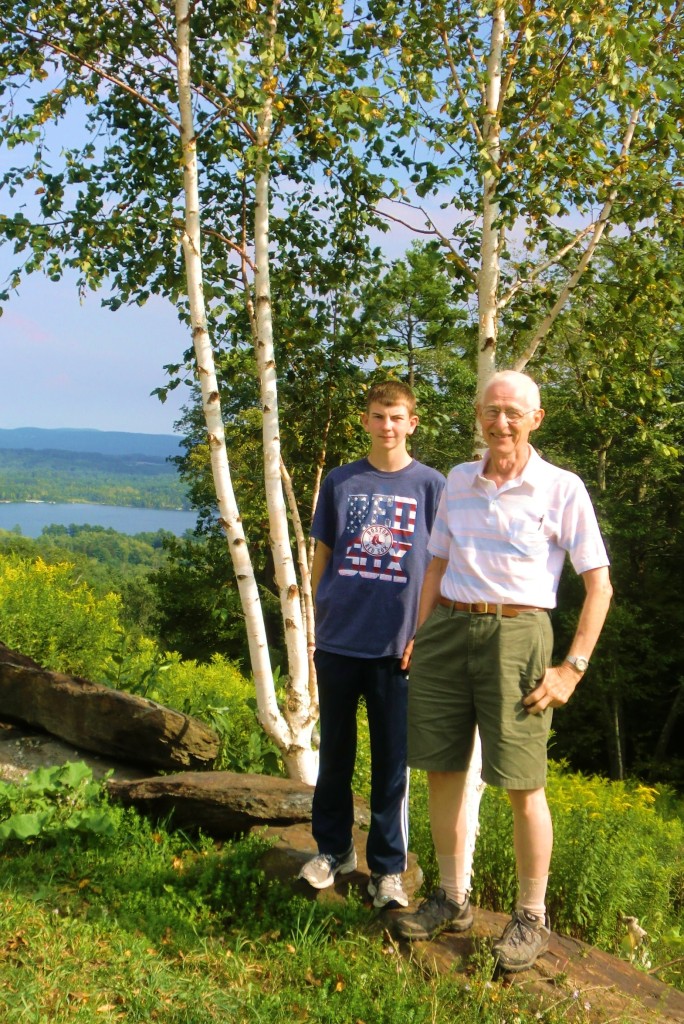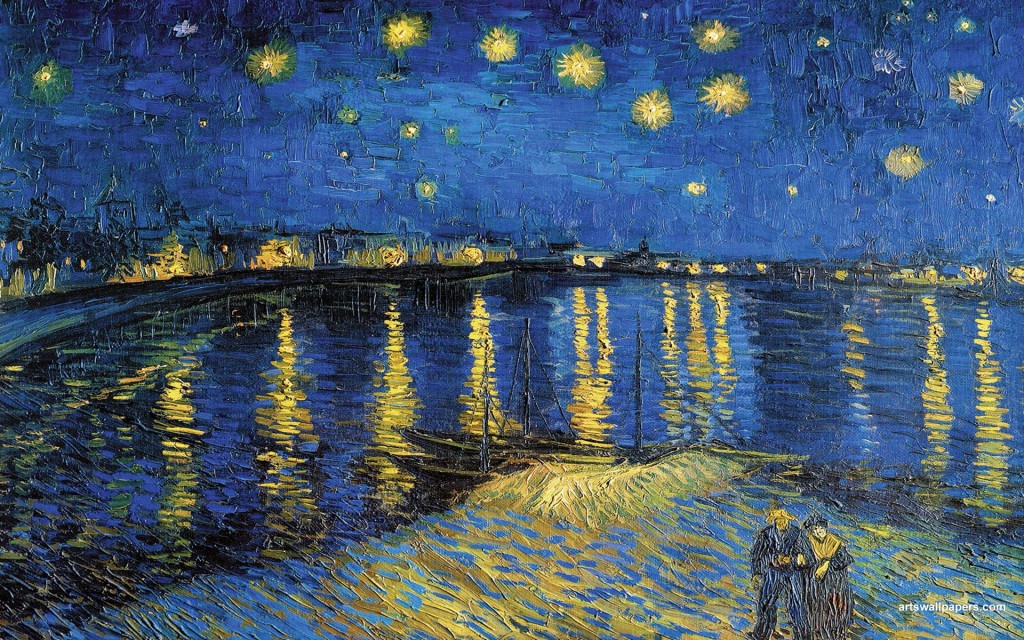
Literature and the arts are filled with references to stars and fate. Vincent Van Gogh painted nights blazing with stars. On cloudless nights, stars light our skies, symbolizing beauty, hope–and tragedy. Are we doomed to be star-crossed or are stars our guides? I like to think stars simply symbolize hope when all seems lost.
Grief is part of being human–though we wish on all the stars in the heavens it was not. Last year, I lost my father to cancer. He left behind a deep ache in my heart. He played an important role in my life, inspiring me to learn, keep trying and never give up, and seek out the best in others–accepting everyone for who they were without prejudice–all human beings equal in the sight of God. Loss is our fate–and it is never easy. Over time we only hope happy memories can comfort us. But I miss him every day.
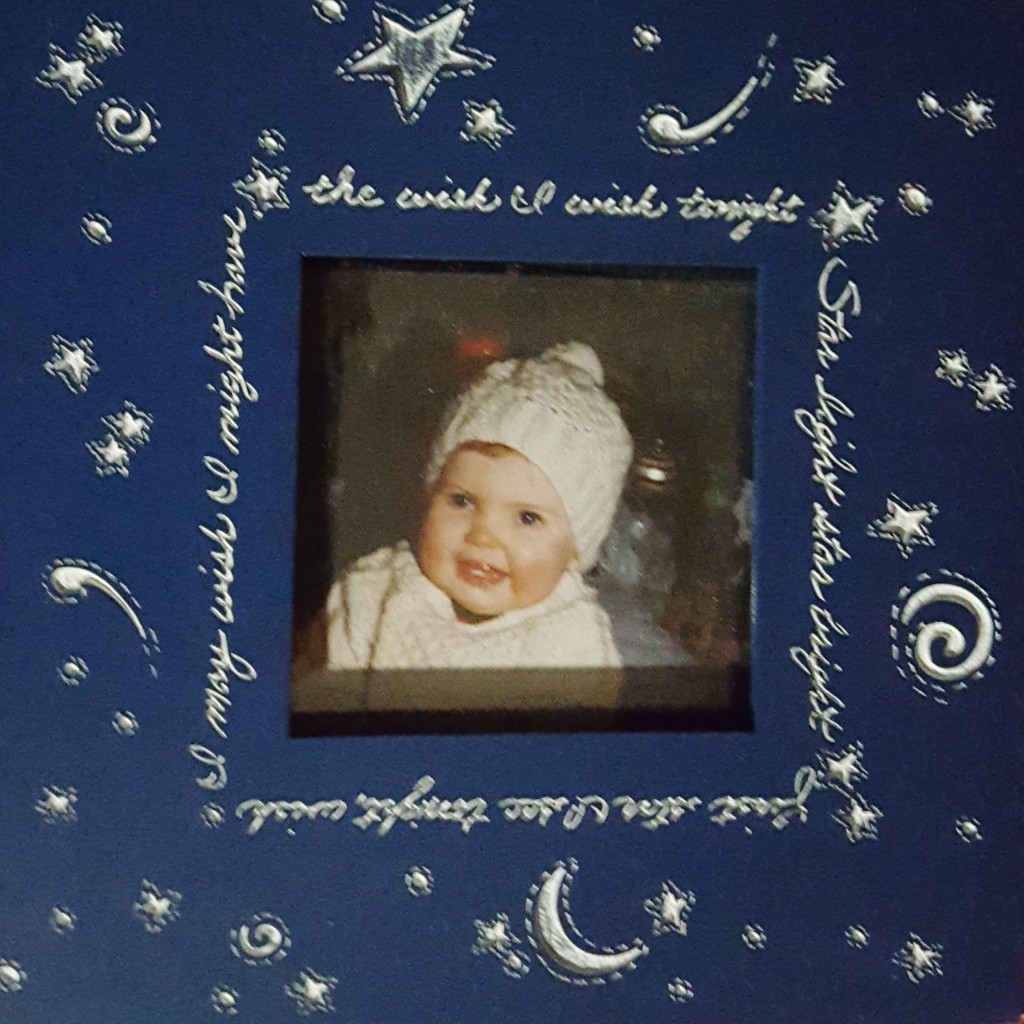
Then, this past year, a loss ripped a hole in my heart so wide, taking someone so precious, life will never be the same. My husband and I lost our only son–our greatest source of joy while alive, and now our greatest source of sorrow. He was just nineteen. The pain is still so fresh and raw–our utter grief and helplessness stark reminders of the fragility of life. But not just any life. His. He filled our world with love and happiness and we loved him with every fiber of our beings. How can we go on living? How can we bear such tragedy? Yet, bear it we must.
It seems no matter how much we love someone, sometimes the stars seem to conspire against us. Bad things happen to good people. Tragedy happens randomly, despite wishes on stars and in spite of love. It is not fate.
Rather, as John Green’s wonderful novel The Fault in Our Stars says, tragedy may happen not because of any fates but because we are human–and part of being human is not just love, but loss. (see John Green’s Website ) Mr. Green took the title of his novel from a quote in Shakespeare’s play, Julius Caesar. Ambitious nobleman Cassius tries to persuade Brutus that Caesar must be prevented from becoming monarch of Rome for the good of the country, by saying, “The fault, dear Brutus, is not in our stars, but in ourselves, that we are underlings.” (I, ii, 140-141). But helpless they are not.

Because I wanted to understand why Mr. Green chose the title, I went to his site. He explained that over time, Shakespeare’s quote had become decontextualized ‘into saying that the fault is not in the stars (i.e. fate/luck/whatever) but in individual people.” Mr. Green went on to say that this was “ridiculous. There is plenty of fault in our stars. The World is a profoundly unjust place in which suffering is unfairly distributed, and in all of my novels but especially this one, I am trying to find ways to live honestly and hopefully in the world without ignoring/denying the universe’s cold and painful indifference to us.” (to read more, go to his site-link above) I agree. I think we are all trying to make meaning out of life and death. But how do we go on in the face of loss? Do we blame ourselves, our humanity, the stars, random fate? Can faith help us? What will give our lives meaning? How can we make peace with our own fragile humanity?
Shakespeare is a genius with words–in his plays and sonnets, stars symbolize fate, randomness, hope, helplessness and the paradox of human nature. We are born helpless but not forever. Humans can be a force for change and good. Lives can matter, even once lost. And underlings are not always powerless. It is up to us to seek light in the stars, even when our own lives seem at their darkest.
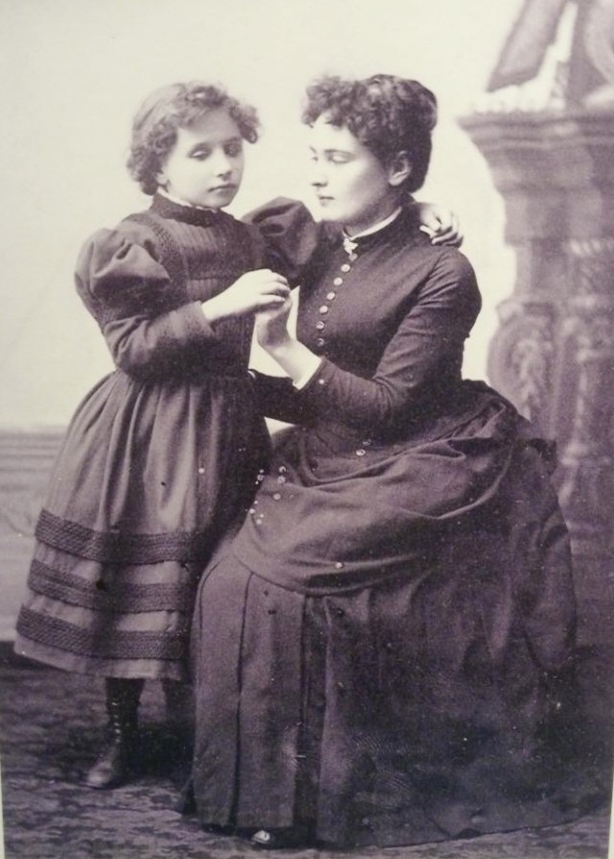
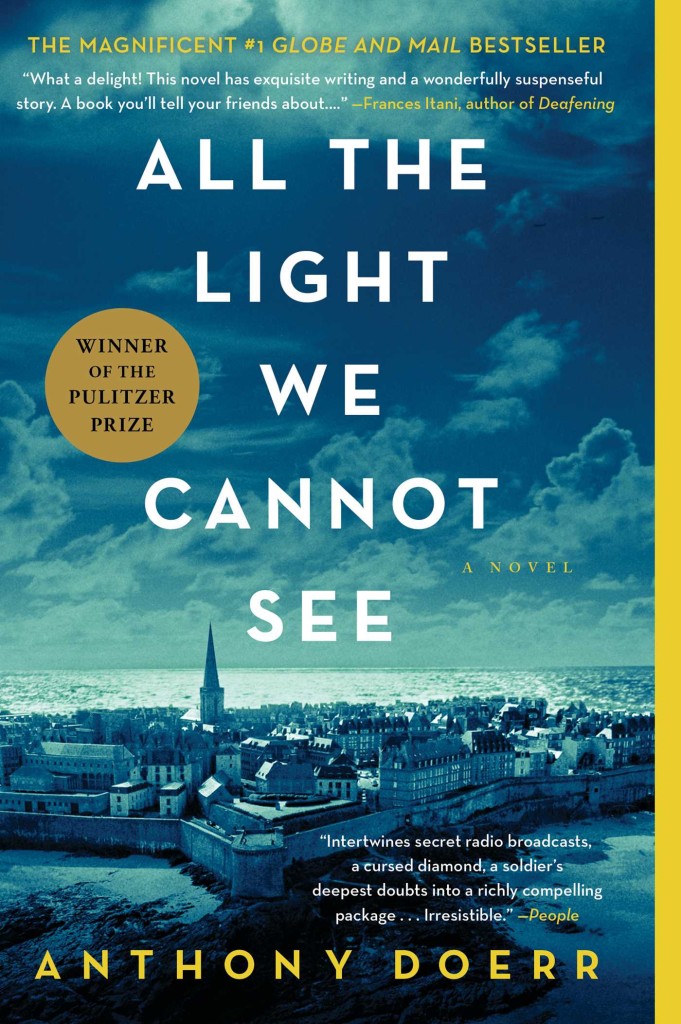
In Anthony Doerr’s amazing novel, All the Light We Cannot See, young heroine Marie-Laure LeBlanc lives under great stress in the German occupied walled city of Saint-Malo, Breton during World War II. Though blind, Marie-Laure sees clearly the troubles she faces, yet chooses to create her own inner light. Other characters are blinded by the turmoil of war–their choice survival or despair. Young Werner cannot say no to ‘duty’ and ends up serving in the German army, yet has a humanity and kindness that surfaces when least expected. When living in their orphanage before the was begins, Werner and his little sister love listening to a 1930s radio program, (once Werner, a prodigy, fixes the radio), in which a Frenchman talks about science and the ability of the brain to create light in darkness. In a sense, isn’t that what a star does? Anthony Doerr -Author Site
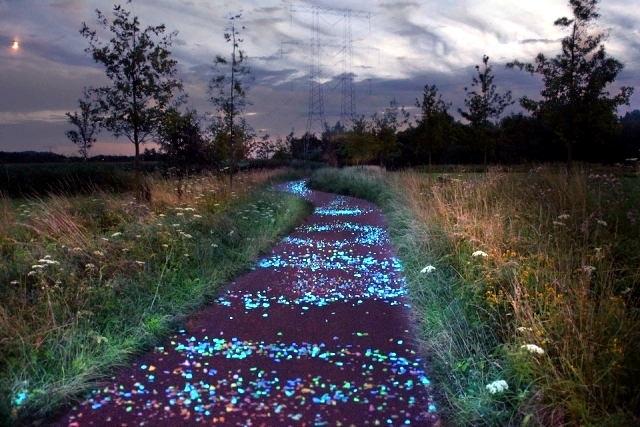
In Project Gutenberg: a wonderful resource offering free e-books for use on kindles, nooks, i-pads, i-phones, androids, and more, Project Gutenberg Website I found the Book of Optimism, by Helen Keller (Written in 1903 and dedicated to her teacher, Anne Sullivan) (Also see: Helen Keller- Wikipedia ) Though born with the ability to see and hear, at nineteen months Helen contracted an illness, perhaps meningitis, that left her deaf and blind. Her challenges were many–yet she grew up to be a beautiful person and talented, thoughtful scholar. Helen Keller conquered her challenges with the help of another optimist, her teacher, Anne Sullivan–who focused not on Helen’s disabilities, but her many gifts.
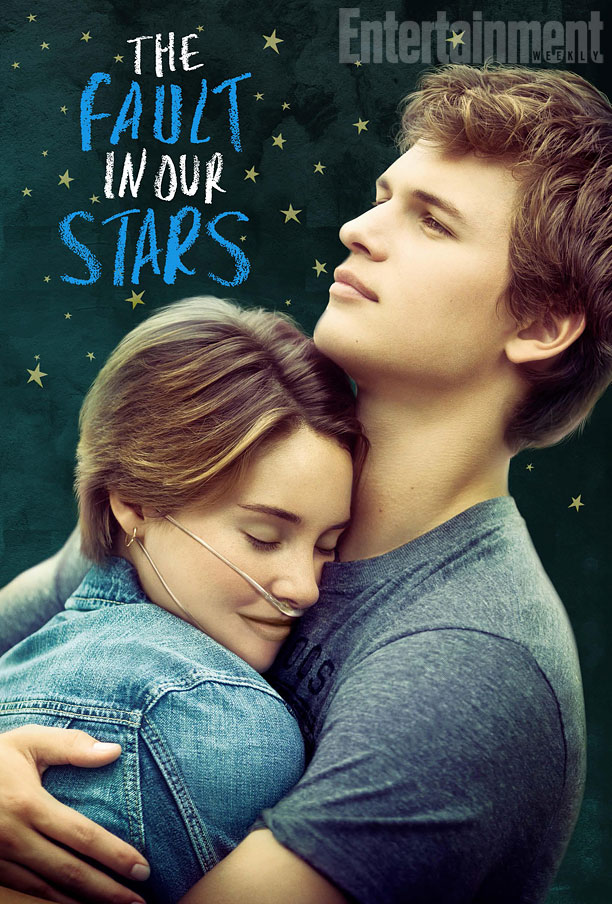
Helen lived an amazing life, giving much back to the world. In her essay, Ms. Keller mentions Shakespeare, saying he was ‘the prince of optimists. His tragedies are a revelation of moral order. In “Lear” and “Hamlet” there is a looking forward to something better, some one is left at the end of the play to right wrong, restore society and build the state anew.’ In the same essay, Ms. Keller said she believed it was important to bear her ‘faith above every tempest which over-floods it, and to make it a principle in disaster and through affliction.’ Unfortunately, affliction is part of the human condition. It is not the stars, neither does God have a hand in such sad, tragic events. Bad things simply do happen to good people. How can we get past such a bleak fact?
In The Fault in Our Stars, teens Hazel and Augustus take on their fates in spite of their illnesses, continuing to live in the moment, yet also make plans, even find romance when things seem bleak. It’s no wonder Hazel has fixated on a novel she has read called The Imperial Affliction. She seeks answers, as do we all, on how to deal with illness, or say goodbye.
Affliction is not just illness, but the state of being human-the ‘fault in our stars,’ — other words, life –and death. Happiness along with struggles and sadness. No human is immune to suffering. Yet we must create meaning in our lives, just as Hazel and Augustus did. But how can we find meaning in loss when the pain is nearly unbearable? There are no easy answers, but there are memories—good ones. Words–comforting ones. And stars–bright ones. Even in darkness.
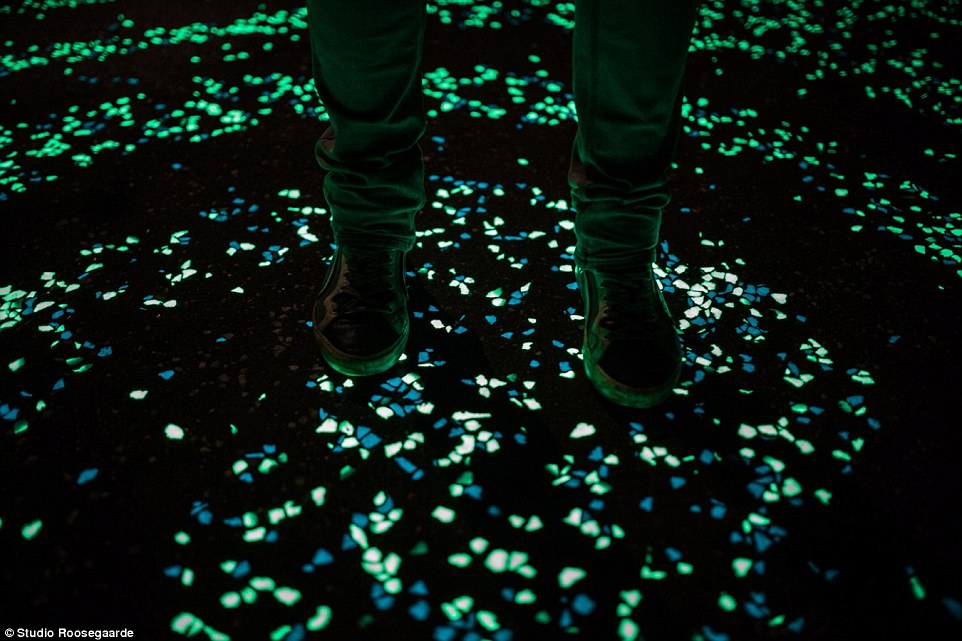
Through dark times, Hazel and Augustus cling to each other. Through dark times, Vincent Van Gogh painted starry nights. And stars will shine again for us– if we let them. As Helen Keller said, ‘The struggle of life is one of our greatest blessings. It makes us patient, sensitive, and Godlike. It teaches us that although the world is full of suffering, it is also full of the overcoming of it.’ She had faith, hope, and belief in the ability of the human spirit to be optimistic. I will hold her thoughts close and hope you do the same, no matter what happens.
William Shakespeare, Helen Keller, and Vincent Van Gogh would admire the work of Mr. Green and Mr. Doerr. They would also tell us to look to the stars as guiding lights–but remind us that the path we take is up to us. Maybe one day you will travel to Amsterdam, just as Hazel and Augustus did in John Green’s novel, The Fault in our Stars. Then you may travel on to Eindhoven in the county of Brabant, where Van Gogh was born and raised. Here, you will see this bicycle path designed by Studio RooseGaarde, painted with LED lights to resemble Van Gogh’s painting, Starry Night. See links: Illuminated Van Gogh Bike Path (video) Stunning ‘Starry Night’ inspired bike path opens (article)
Do not leap into a starless abyss. Let the stars be your guides. But know that no matter what loss you face, you must carry light inside–believing there is always hope for the optimism of the human spirit–just as Helen Keller said, and just as the heroes and heroines of these two novels came to understand. Look to the stars for inspiration, not blame. I look to them for peace and their distant promise that life is ultimately so much more than any individual. The vastness of the universe and of nature may make us feel small, but it also promises infinity, just as our faith does. Though I am not sure why, this gives me a strange sense of comfort. As Marie-Laure knew in All the Light We Cannot See, seeing isn’t believing; believing is seeing. Bringing light into our hearts and minds can guide us, even in the darkest times, towards an understanding that life is worthwhile. And that, like Hazel in The Fault in our Stars, in spite of everything, or maybe even because of it, we ‘like our choices.’
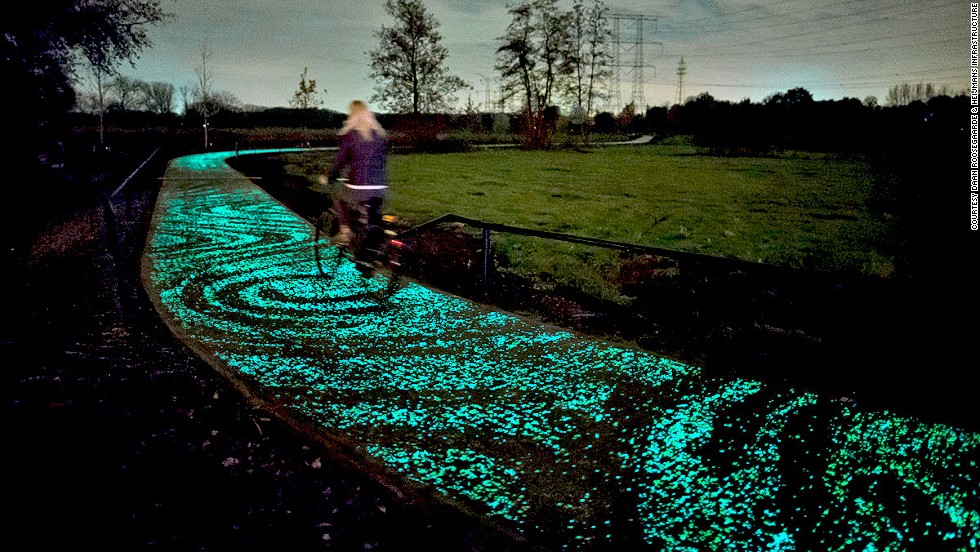
I write to remind myself in the face of deep personal sadness that in the optimism of the human spirit, love, and happy memories, my father and my son still live. It is not easy, nor do I think it ever will be. Loss is as much a journey as life is. But I want to remember–I need to remember, that in the face of tragedy, I will not feel helpless, if I am not hopeless. Stars cross randomly. They are not our enemies. Fate is never fixed. There are terrible, sorrowful events we must live with. But we can hold those we love like stars. Their light can never be torn away from us but instead, guide us to hope, live, help, and create beauty in our lives and those of others.
